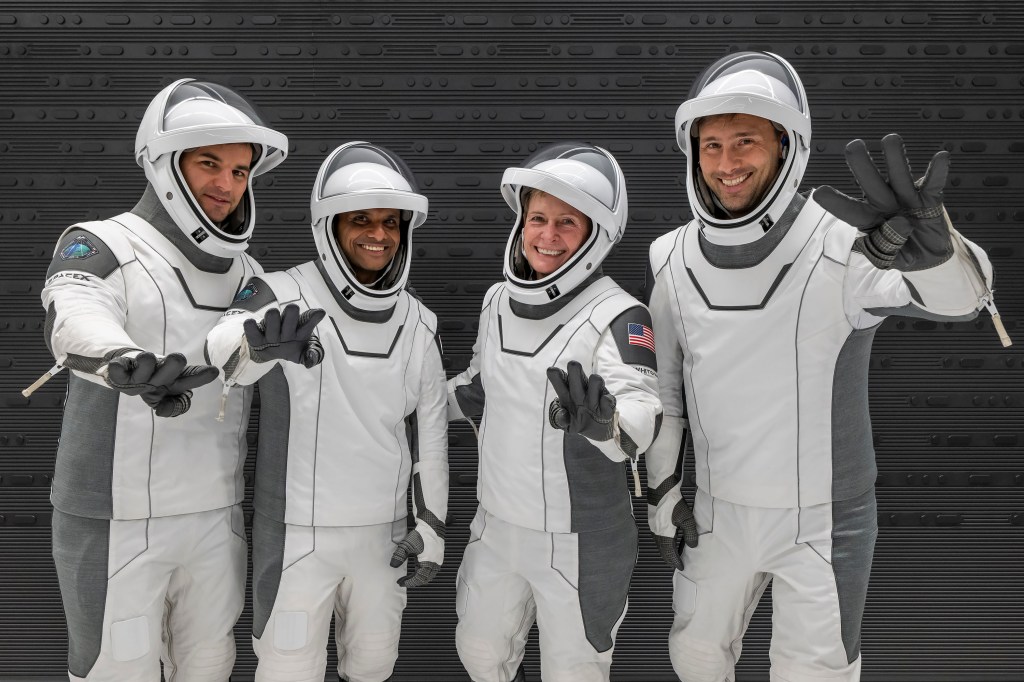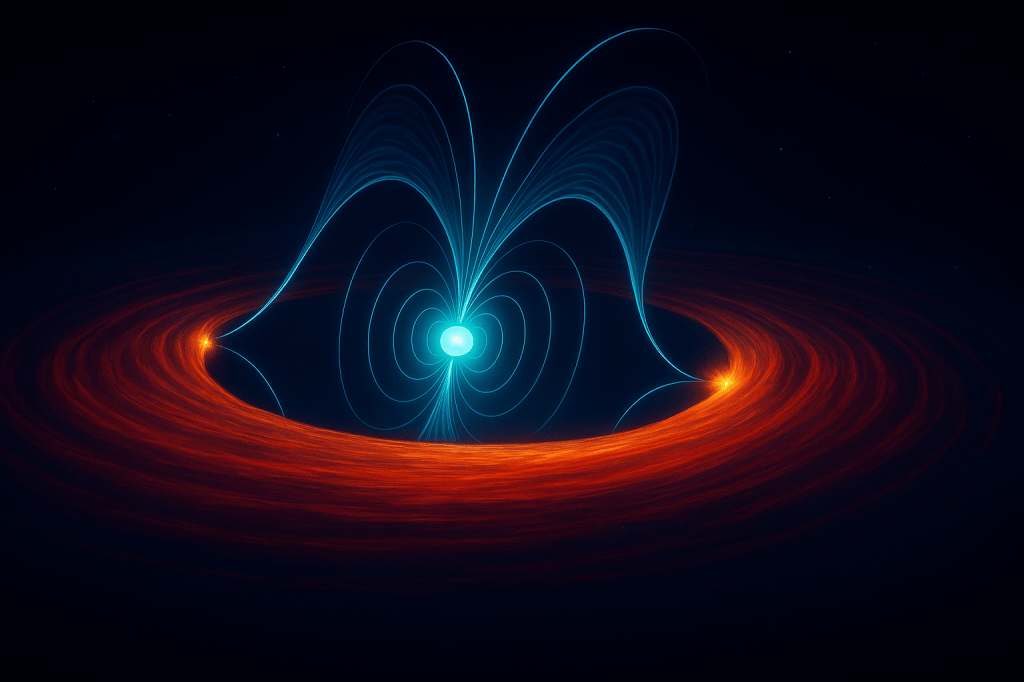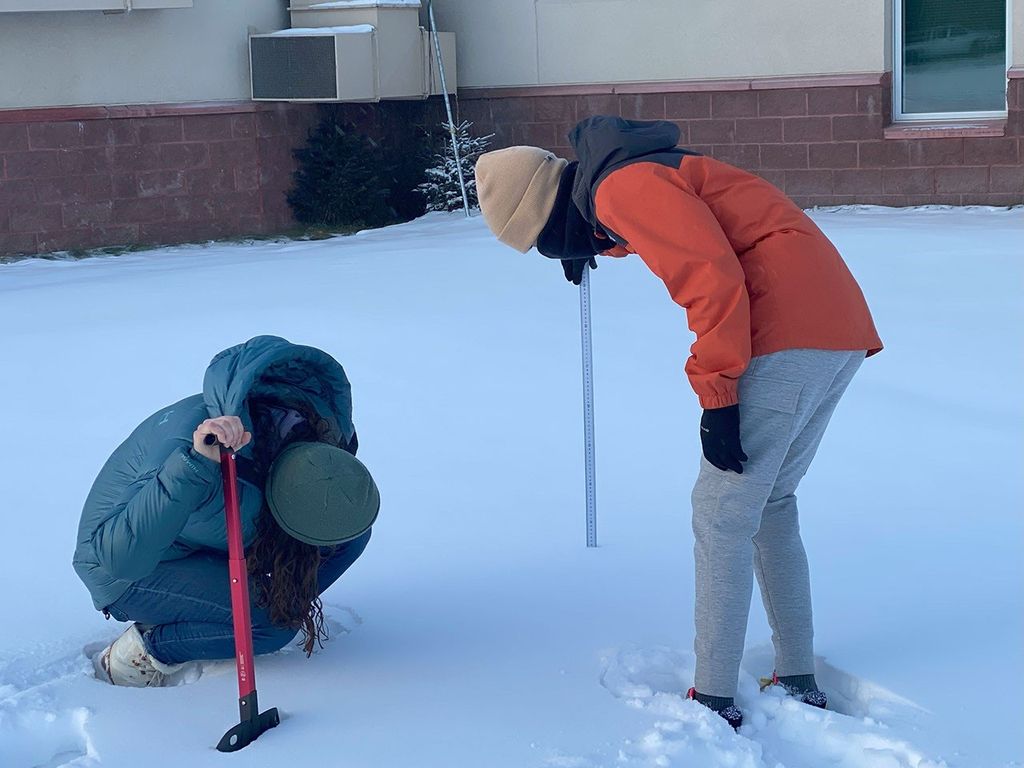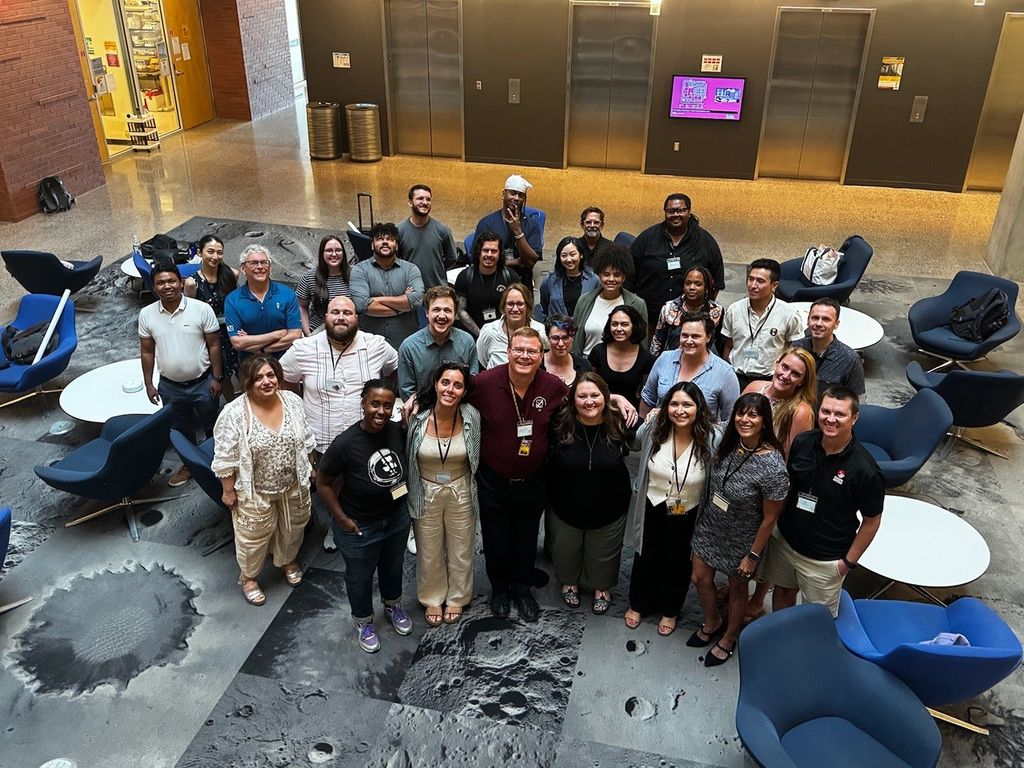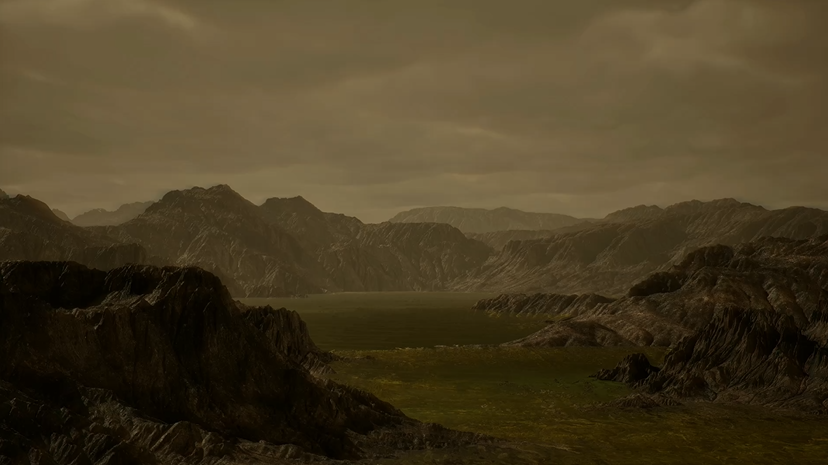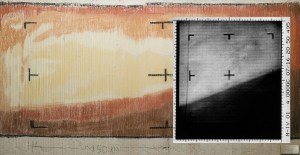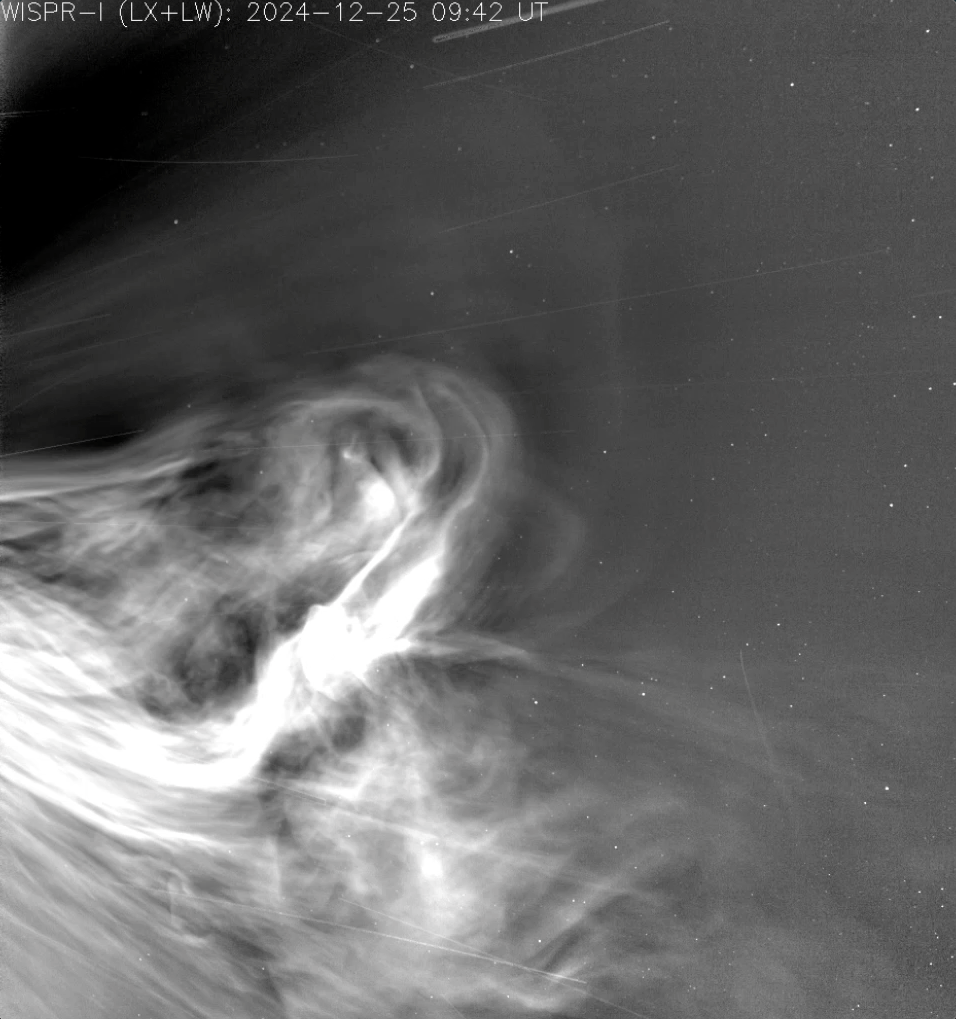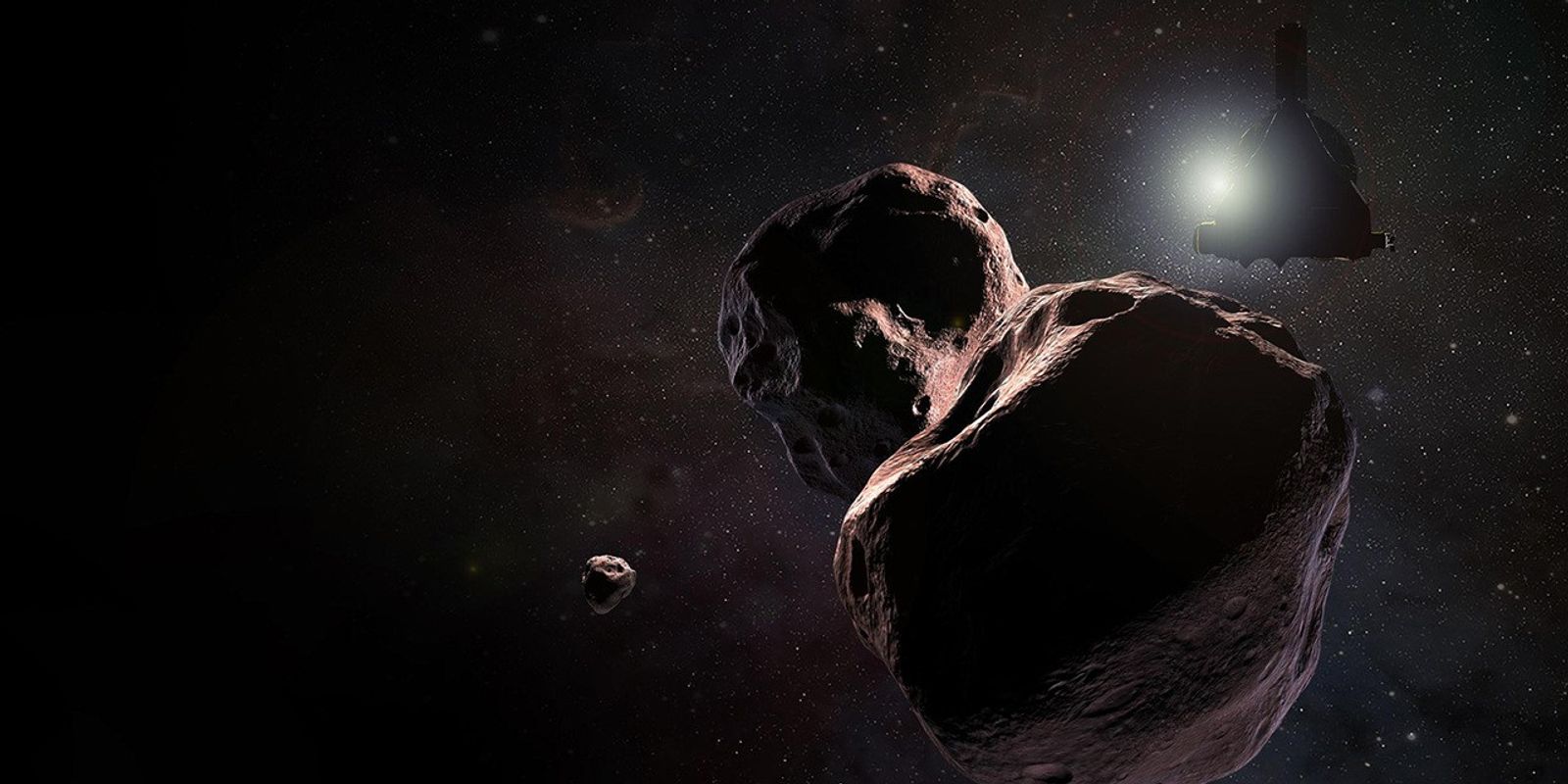The most recent spacecraft telemetry was acquired on Oct. 6 from the Deep Space Network tracking complex at Madrid, Spain. The Cassini spacecraft is in an excellent state of health and all subsystems are operating normally. Information on the present position and speed of the Cassini spacecraft may be found on the "Present Position" page at: http://saturn.jpl.nasa.gov/operations/present-position.cfm
Wednesday, Sept. 30 (DOY 273):
An encounter strategy meeting was held today to cover the period between Oct. 12 and Nov. 7, Titan flyby T62, Enceladus flyby E7, and maneuvers 218-220.
The final numbers for the U.S. edition of the Fall 2009 Cassini Scientist for a Day essay contest are in:
U.S. entries: 330 essays
Number of U.S. students: 372
Number of teachers: 41
Number of U.S. states: 19 plus Puerto Rico -- including Idaho, Utah, and Wyoming for the first time
Number of homeschooled students: 8
Most international deadlines are in late October, so in a month or so Outreach will have a sense of how many students participated internationally.
Thursday, Oct. 1 (DOY 274):
S54 sequence leads have cancelled the Go/No-go meeting scheduled for Friday as part of the development process for the DOY 286 Rhea, Tethys, Mimas, Enceladus live update. Instrument teams have agreed that vectors for Rhea, Tethys and Enceladus need to be updated. The vector files will be prepared by AACS, with the merged products released by Monday, Oct. 5. Teams then have until Oct. 7 to review the products. Uplink is planned for Friday, Oct 9.
Friday, Oct. 2 (DOY 275):
Today the Titan Orbiter Science Team hosted a Titan T62-T70 preview. This meeting is a forum for all instrument teams to present what unique science will be obtained for each of the flybys and what observations will be performed.
Monday, Oct. 5 (DOY 278)
The backup inertial reference unit (IRU-B) on board Cassini was calibrated on Oct. 4. This was the yearly checkout, with IRU-B made prime for the duration of the calibration turns. The results indicated continued proper performance.
The S53 sequence concluded and S54 began execution today at 2009-278T04:03:00 SCET. The sequence will run for 39 days and conclude on November 13. During that time there will be two targeted encounters, one of Titan, one of Enceladus, and ten non-targeted flybys Rhea on DOY 286, Methone, Atlas, Calypso, Mimas, and Tethys on DOY 287, Titan on DOY 305, Pallene, Epimetheus, and Calypso on DOY 306. Six OTMs are scheduled, numbered 217 through 222.
Science at the top of the sequence begins with a Magnetospheric segment that will run for almost seven days and contain some high priority combined Magnetospheric and Plasma Science/Optical Remote Sensing auroral observations, and a Magnetometer calibration roll on DOY 281.
Tuesday, Oct. 6 (DOY 279)
The Navigation team has completed an in-depth analysis of the reference trajectory selected at the June Project Science Group meeting and is issuing an update. No major design changes or tweaks have been made - this update is primarily due to more sophisticated analyses, e.g. mostly small adjustments to maneuver locations and updated satellite ephemerides. Timing differences are expected to be minor.


